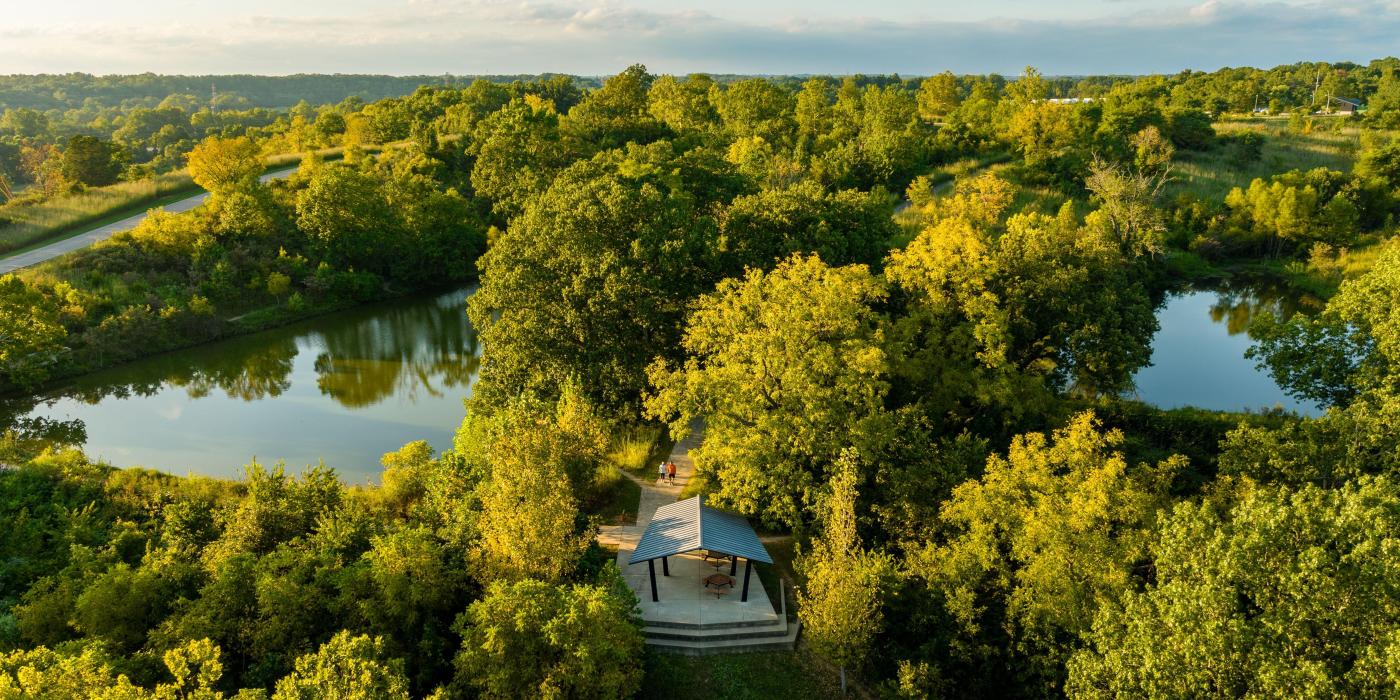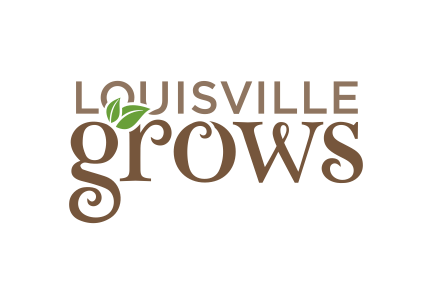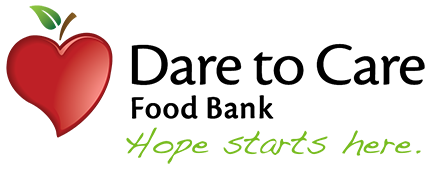Sustainability in Bourbon City
Pillars of Sustainability
Sustainability is so much more than we might think. A destination must consider sustainability from an environmental perspective, social and economic.
The environmental sector remains the most familiar and entails renewable energy, air quality, waste and pollution reduction, water conservation, sustainable agriculture, sustainable construction, and sustainable and diverse ecosystems.
The other two pillars are equally impactful. Social sustainability involves areas such as community service, human health, education and overall quality of life for all. Economic sustainability centers around job creation, local business support, and overall economic stability, to name a few.
Louisville Tourism wants to support event planners in making an impact through each pillar of sustainability by supporting local non-profits in a way that resonates with the Louisville culture, community, and spirit. One way to do this is by choosing to donate to a Leave a Legacy in Louisville organization, you can be assured that your gift will go far.
Connecting with Louisville's Culinary & Bourbon Experience
Louisville’s culinary scene has long been recognized as one of the best in the nation. Not only is it a place to experience world-class, locally curated cuisine, but Louisville is a hub for food and beverage companies of all sizes, from local to global – including production, manufacturing, flavor development, distribution and everything in between. More than 125 food and beverage companies collectively employ well over 15,000 individuals, and account for $23 billion in annual revenue. Some corporations that have roots in, or call Louisville home include Brown-Forman, Yum! Brands, Texas Roadhouse, Papa Johns, QSR, Beam-Suntory, Flavorman, Kroger, and JBS.
Of course, Louisville’s culinary story is far from complete without the infusion of America’s native spirit, Bourbon. While Bourbon is first and foremost a Kentucky product, Louisville plays a huge part as home to the world’s only Urban Bourbon Experience. Not only is Bourbon a spirit but it is seen throughout Louisville’s culinary renaissance inspiring new dishes and leaving a mark on new Southern cuisine.
Opportunities for Advancement
Bourbon Production and Trees
The production of bourbon, like any agricultural process, has a significant environmental footprint. Large amounts of water, grains, energy, and wood go into producing this native spirit. While each element plays a critical role, the newly charred, white oak barrel is where the transformation takes place.
Tree Canopy and Urban Environment
While Kentucky ranks high in tree coverage, with 50% of the state being covered by hardwood forests according to the University of Kentucky Department of Forestry and Natural Resources, Louisville doesn’t quite fair so well. A study on urban heat by Dr. Brian Stone of the Georgia Institute of Technology identifies Louisville as having one of the fastest-growing urban heat island effects in the nation. These effects are most pronounced in neighborhoods lower on the city’s socioeconomic scale whose canopies are especially deficient. This leads to higher energy usage and health disparities including heat-related illness and death, all of which disproportionately affect Louisville’s poorest residents.
Feeding the Hungry
Food insecurity refers to the USDA’s measure of lack of regular access to nutritional food for an active and healthy life. The food insecurity rate in Jefferson County is 11.7% of the total population, or 89,690 and the child food insecurity rate is 16.2% or 27,760.
Make a Difference
Let us help you connect directly with locally grown non-profits. Through financial support or hands-on activities, working with one or more of the area's non-profits further the positive impact an event will have on the destination. In addition to the numerous organizations in the Leave a Legacy in Louisville program, please consider the two highlighted for their work in the areas of food insecurity and the tree canopy.
Louisville Grows
Louisville Grows’ outreach extends to all of Jefferson County and Southern Indiana. However, the focus audience is on serving 21 neighborhoods in west and south Louisville. These neighborhoods are most impacted by the Urban Heat Island Effect due to the loss of their tree canopy and are experiencing food insecurities.
Hands-On Activities
- Neighborhood tree plantings (Spring and Fall only)
- Healthy House property maintenance
- Greenhouse volunteers
Some direct benefits include:
- Cleaner Air
- Diverse Ecosystems
- Stormwater Control
- Neighborhood Pride
- Mental & Phyiscal Health
- Quality of Life
- Reduce Home Energy Costs
Dare to Care
Dare to Care Food Bank leads our community to feed the hungry and conquer the cycle of need. We fulfill this mission through innovative programs, efficient operations and by partnering with local food pantries, shelters and kitchens to get food to people in need. Food banks help connect the dots between building sustainable food systems and addressing climate change. By recovering wholesome food from partners throughout the supply chain and redistributing it to communities facing hunger, food banks prevent that food from sitting in landfills and emitting Greenhouse Gas Emissions (GHG).
Hands-On Activities
- Volunteer at the Community Kitchen
- Meal preparation
- Food sorting
Some direct benefits include:
- Reduce Waste
- Lower Greenhouse Gas Emissions
- Mental & Physical Health
- Quality of Life
- Economic Stability
- Local Business Support
- Job Creation


